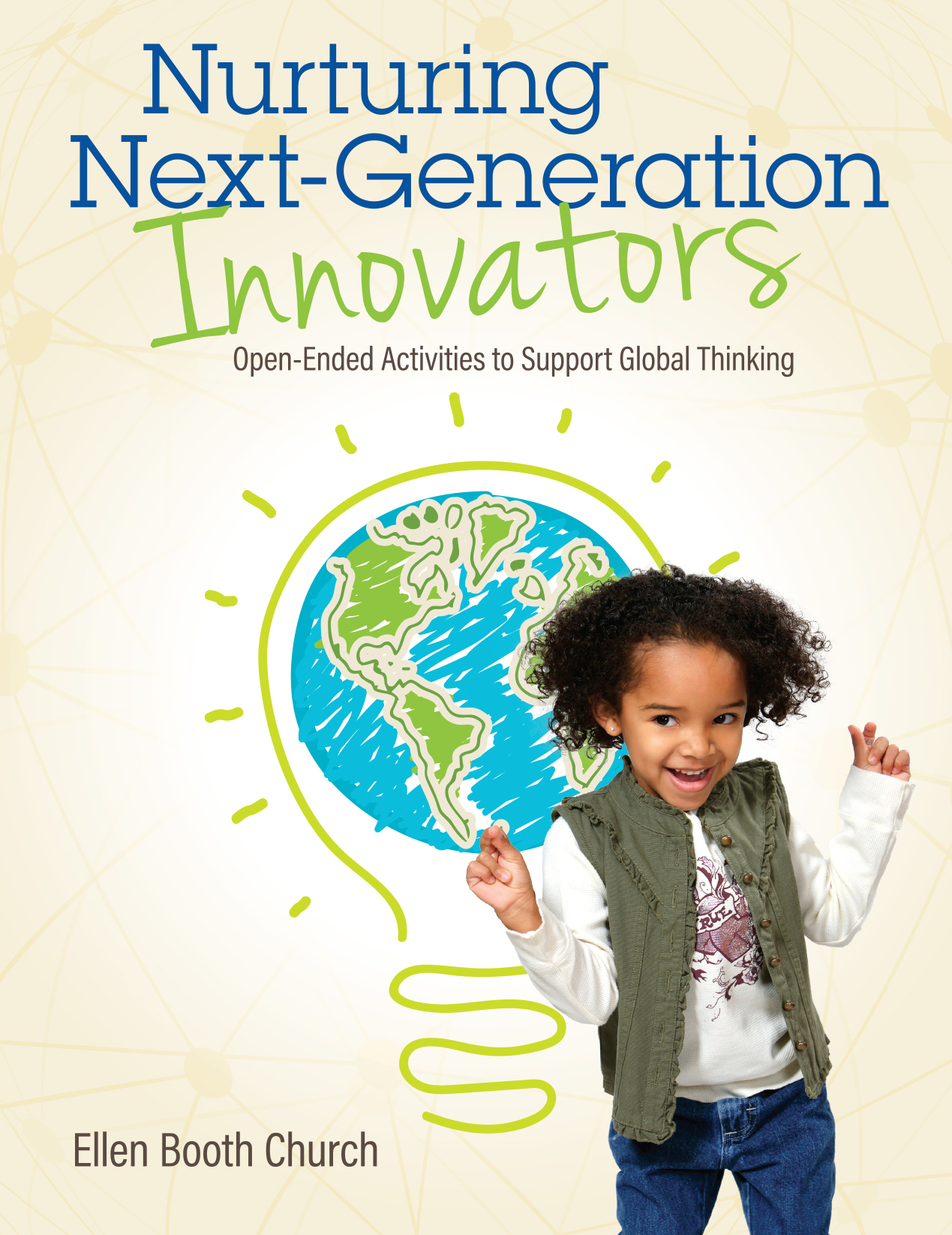In a world replete with rapidly evolving societal norms and a plethora of information, it becomes increasingly imperative for communities to reflect on how best to nurture the next generation. The teachings of the Bahá’í Faith present salient insights and profound guidance for this crucial undertaking. As one contemplates on the phrase “Grow, little baby, grow,” a playful question arises: How can we foster an environment where our children not only thrive but also become compassionate, innovative, and empowered individuals? This article presents a detailed exploration of Bahá’í teachings on nurturing the next generation.
The Bahá’í Faith establishes a profound vision for human development, emphasizing the spiritual and moral education of children as an integral aspect of life. Central to this vision is the concept of the oneness of humanity, which posits that all individuals belong to a singular human family, transcending boundaries of race, nationality, and creed. This perspective compels Bahá’ís to nurture unity within families and communities, thereby creating a conducive atmosphere for the holistic development of young minds.
One essential pillar of nurturing future generations, as illustrated by Bahá’í teachings, is the cultivation of virtues. Emphasizing qualities such as kindness, honesty, and compassion serves to provide children with a moral compass that guides their interactions and decisions. How can parents and educators effectively instill these virtues? Engaging children in open dialogues about moral values, paired with practical examples, cultivates a deeper understanding and appreciation for these qualities. The act of storytelling, for instance, not only entertains but also imparts wisdom and moral lessons, resonating with young minds and inspiring virtuous actions.
Furthermore, fostering a sense of community is paramount. Bahá’í teachings underscore the idea that every child is a unique and cherished soul with inherent potential. By emphasizing the importance of community, spiritual educators encourage children to forge connections beyond familial ties. Collective activities—whether in shared service projects or community gatherings—allow young individuals to witness the power of collaboration and unity. Such interactions foster empathy and a commitment to societal betterment, preparing them to contribute positively to the world.
In addition to instilling virtues and cultivating community, Bahá’í teachings advocate for the integration of education that harmonizes both spiritual and intellectual development. This duality addresses the challenge many parents face: how to balance academic achievement with the nurturing of moral character. Through a curriculum that emphasizes critical thinking, creativity, and ethical reasoning, children can learn to navigate the complexities of the modern world while being anchored in principles of love and justice. Parents and educators should seek to ensure that learning environments are not only informative but also inspiring, allowing children to explore their passions and develop their innate abilities.
The crux of nurturing the next generation also lies in empowering children. According to Bahá’í teachings, every individual possesses the capacity to contribute meaningfully to society. Thus, instilling confidence and promoting self-efficacy becomes pivotal. Encouraging children to express their viewpoints, alongside providing opportunities for them to lead initiatives, cultivates a sense of ownership and accountability. How can this empowerment be effectively facilitated? Engaging in activities that require problem-solving and teamwork fosters resilience and innovation. These experiences require children to transcend their perceived limitations while reinforcing that setbacks are but stepping stones on the path to success.
The spiritual dimension of development cannot be overstated. Regular engagement in prayer, reflection, and community worship not only deepens children’s understanding of their own spiritual identities but also reinforces their connection to a greater purpose. Bahá’í teachings advocate for the recognition of the spiritual essence of every individual. Thus, instilling routines of reflection and gratitude can significantly impact a child’s worldview, promoting a mindset oriented towards service and virtue.
Creating a safe space for children to express their thoughts, feelings, and inquiries is also critical. Younger individuals often grapple with various challenges, from social dynamics to academic pressures. Bahá’í principles emphasize the necessity of open communication. By actively listening to children and validating their feelings, adults can nurture an environment of trust and security. This not only cultivates emotional resilience but also fosters an openness to exploring and discussing complex subjects, such as ethical dilemmas or global issues.
The role of caregivers and educators extends beyond the mere provision of resources or knowledge; it includes the adoption of a nurturing mindset. Encouraging a collaborative approach fosters partnerships among families, schools, and communities. This triad is fundamental in creating a robust support system for children, ensuring that nurturing efforts are consistent and aligned. In what ways can adults strengthen these partnerships? Regular workshops, community discussions, and the establishment of parent and teacher alliances can enhance collective efforts to support children’s development.
Ultimately, the task of nurturing the next generation, as illuminated by Bahá’í teachings, is an integral and collaborative journey that demands creativity, compassion, and commitment. By embracing virtues, fostering community, integrating moral education, empowering children, and creating safe spaces, individuals can contribute to the development of well-rounded, principled, and innovative leaders of tomorrow. As society grapples with ever-complex challenges, the call is clear: enrich the lives of our children today to build a brighter and more compassionate tomorrow. Thus, the inquiry remains: Are we ready to rise to this challenge and support the next generation in their quest to grow, explore, and thrive?
